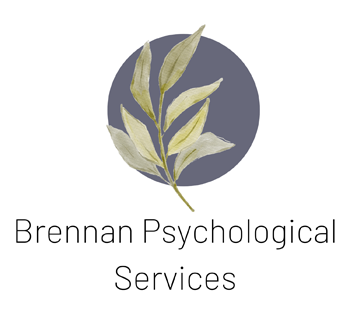The “Baby Blues” and Postpartum Depression
After having a baby, many new parents experience sadness and other changes in their mood, behaviors, and sleep. But, how do you know whether what you’re experiencing is the “baby blues” or postpartum depression? And what’s the difference?
Here are some signs of the baby blues:
Feeling more reactive to different situations
Crying more easily than usual
Feeling tired and exhausted (this is very common for new parents!)
With the baby blues, although you may find you are more tearful and may feel more sensitive to stressors, your mood at other times may feel overall positive. New moms who experience the baby blues also don’t find that their self esteem changes in any significant way.
What is Postartum Depression?
Compared to the baby blues, postpartum depression typically lasts longer (two weeks or more), is more severe, and does not always start immediately after giving birth. In fact, some moms may not experience postpartum depression until several months after giving birth.
Symptoms of Postpartum Depression can include:
Sadness lasting most of the day
Difficulty finding enjoyment in activities
Changes in appetite
Difficulty sleeping (even when your baby is sleeping), or sleeping much more than usual
Frequent feelings of guilt
Low energy
Having a hard time concentrating
While some parents experience postpartum depression shortly after bringing home a baby, for other parents, depression can start anytime during the baby’s first year. For some, postpartum depression can seem to start randomly without a clear trigger. For others, depressed mood can start after other changes during the first year, such as returning to work, the baby going through a sleep regression, or stopping breast feeding.
Risk Factors for Postpartum Depression
As many as 1 in 5 moms and 1 in 10 dads experience postpartum depression. (Yes, dads can get postpartum depression too). Postpartum depression can also affect parents who adopt their baby. Some risk factors for postpartum depression include:
History of depression or premenstrual mood dysregulation disorder (PMDD)
Having multiples
Low levels of support after giving birth
Financial strain
Relationship stress
What to do if you’re experiencing postpartum depression:
Taking care of yourself is both critically important and very challenging with a new baby. If you’re experiencing postpartum depression, it’s important to get mental health treatment. Speak with your doctor to learn about options. You can also follow this link to schedule a consultation for therapy. In addition to therapy, here are some actions you can take:
Lean on your support network and reach out to family and friends
Ask others for help so that you can take a break and engage in self-care
Incorporate physical activity into your day (take walks outside with your baby, or put on some music at home and dance with your baby)
Find a support group. Postpartum Support International offers several free online groups that can be found here.
It’s also important to know that postpartum depression is not the only mental health condition that new parents face. Learn more about anxiety, OCD, and PTSD in new parents here.
Sources
Depression during pregnancy & postpartum. Postpartum Support International (PSI). (2021, September 24). https://www.postpartum.net/learn-more/depression/
Mott, S. L., Schiller, C. E., Richards, J. G., O'Hara, M. W., & Stuart, S. (2011). Depression and anxiety among postpartum and adoptive mothers. Archives of women's mental health, 14(4), 335–343. https://doi.org/10.1007/s00737-011-0227-1

